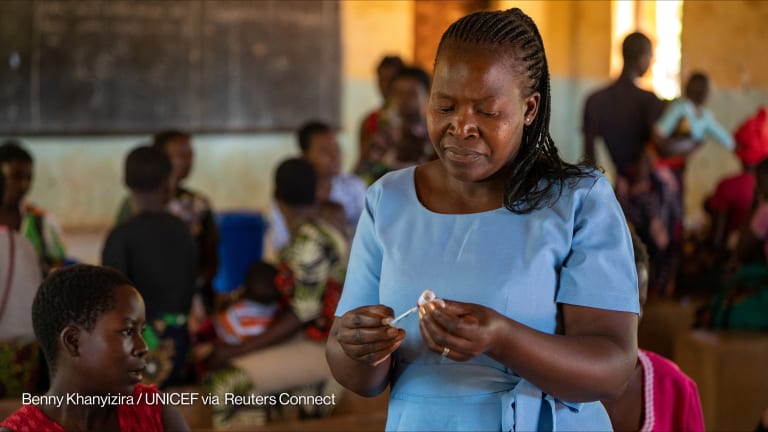
Supporting civil society advocacy work in countries like Malawi requires more than just making aid money available, as noted in a recent report underlining the importance of more targeted grant management.
But this is not the only important work donors such as the U.K. Department for International Development should be taking into consideration.
In its latest report on DfID’s work in Malawi published last week, the Independent Commission for Aid Impact argued that the department’s support to CSO advocacy work in the country is not helping much to achieve change in promoting empowerment and accountability on the part of government authorities in the country, and suggested DfID re-evaluate its use of aid money for this purpose, for instance focusing more on direct rather than competitive grants.
A local NGO agrees, although its recommendations go beyond just doing more targeted grants.
“The current process encourages duplication of efforts as different donors tend to support same organizations implementing similar initiatives,” Steve Duwa, executive director of the Pan-African Civic Educators Network and vice chairperson of the Council for Non-Governmental Organizations in Malawi, told Devex.
This NGO works to educate citizens of their rights and also helps build the capacity of individuals and community-based groups. It was one of seven organizations that secured a grant in 2012 under the Tilitonse program, a multi-donor pooled grant facility supported by Ireland, Norway and the United Kingdom.
But even being among the successful grantees, the Pan-African Civic Educators Network said donors could do better in boosting empowerment and CSO influence in decision-making in Malawi. Here’s how:
1. Longer term project period and partnerships.
At present, the Tilitonse program awards grants that last for only one to two years, mainly because the program is only set up until 2015. But unlike projects such as building a school or digging a well to provide a water source, advocacy work takes more time to show significant impact, argued Duwa. The fund, in addition, should also do longer term work with implementing partners.
“Currently, the fund is more interested in giving support to as many CSOs as possible, and it appears success is measured by the number of grantees. Yet in real terms, this is the beginning of problems for the fund as with time it will become overwhelmed with [the] number of grantees and dies a natural death,” explained Duwa, adding that the Tilitonse program should be extended to at least eight years for CSO advocacy.
2. More support for home-grown programs and strategies.
While donors such as DfID has good intentions to assist Malawians to demand accountability and responsiveness, Duwa noted its supported program “uses theories which [are] alien to the country and would take long to be domesticated. By the time this happens, the program will have wound up.”
3. Increased funding to iNGOs working with local groups.
Sometimes, international NGOs get the upper hand in terms of securing grants from donors, who look for more established groups with larger capacity to deliver projects. But Duwa argued that in Malawi, iNGOs have “very little role” in terms of advocacy work “because they can be easily be intimidated and sent packing by government is their advocacy work is viewed unacceptable.” The approach ensures that advocacy work continues even after the departure of iNGOs.
4. Donors should channel more support to rural CSOs.
As most of Malawi’s population lives in rural areas, where government services and economic opportunities are limited, donors should encourage national CSOs to work with local organizations, including those in rural communities. “In the end we are going to have networks of CSOs at national level but with strong links to the local communities. This would even make advocacy work more effective, as it will involve networks,” said Duwa.
Read more development aid news online, and subscribe to The Development Newswire to receive top international development headlines from the world’s leading donors, news sources and opinion leaders — emailed to you FREE every business day.
Search for articles
Most Read
- 1
- 2
- 3
- 4
- 5








